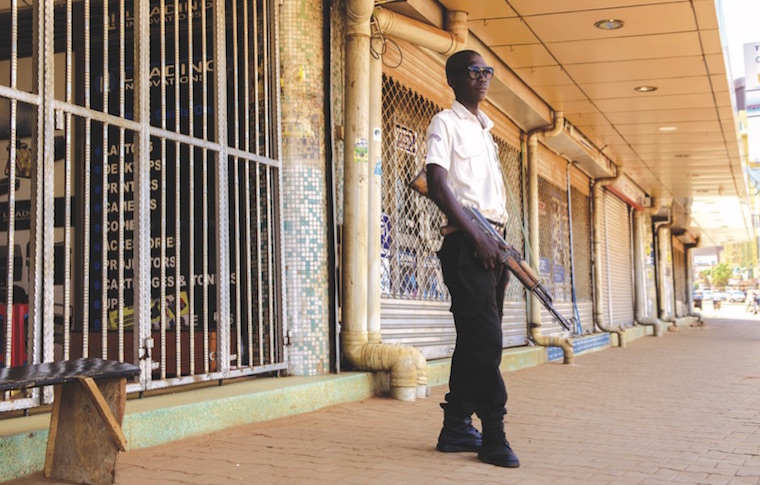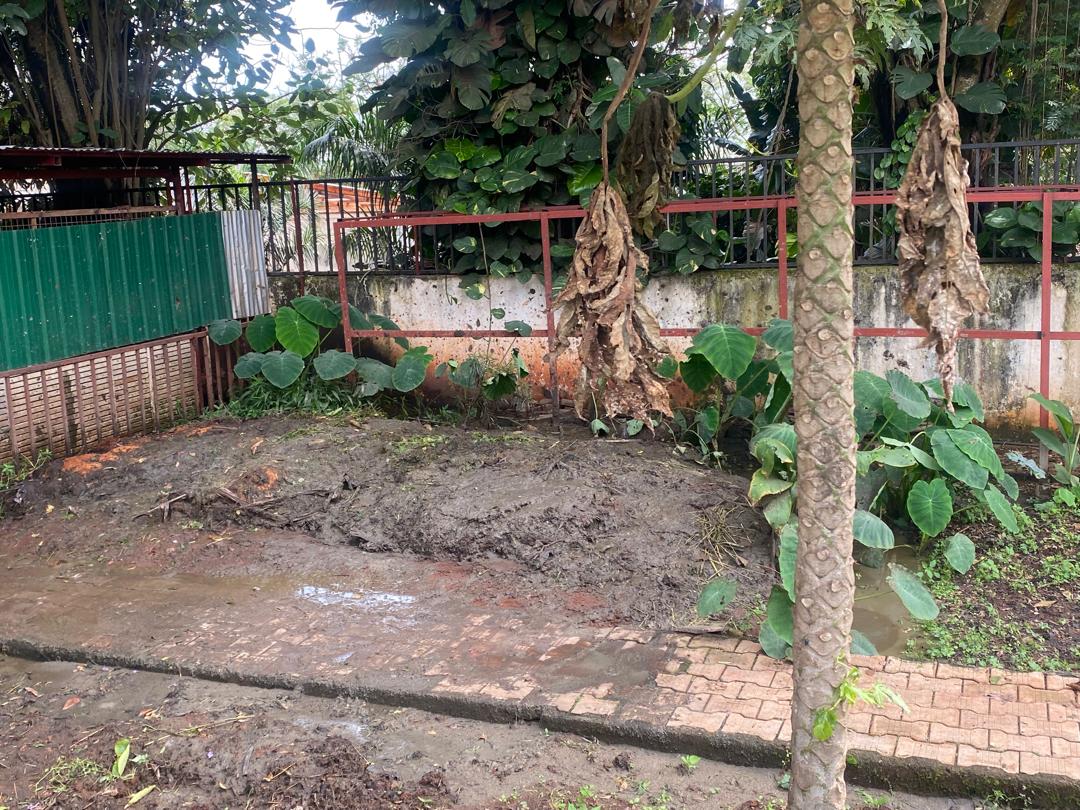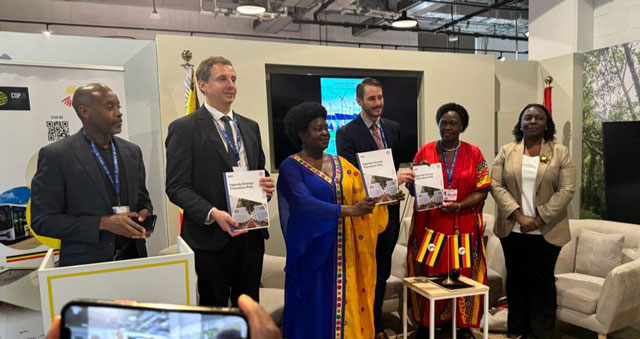Kampala’s traders have once again decided to shut up shop, and not just for the midday meal. Their latest protest is a continuation of their ongoing beef with the tax authorities—a drama that seems to have as many acts as a classic Ugandan play at Bat Valley Theatre.
Earlier this week, traders across Luwum and Mini Price areas decided to take a stand by closing their shops, their version of a symbolic sit-down strike. They decided to mimic the legendary Ugandan football strike, but instead of refusing to play, they’re refusing to sell. The reason for this latest strike? A postponed meeting with President Yoweri Museveni, which is starting to feel like the Ugandan version of waiting for Godot.
The traders had previously staged a similar walkout on April 15, 2024, over tax-related grievances. It was a move that even prompted President Museveni to intervene, like a head teacher stepping in to calm a classroom brawl. They reopened their businesses in May, encouraged by a promise from the President to address their concerns on June 20, 2024. But alas, this promise was like a mirage in the Karamoja desert: it faded away as the President postponed the meeting after his rendezvous with some of the traders’ leaders at State House Entebbe.
Now, it’s July 31, 2024, and the traders are once again left hanging. Museveni rescheduled the meeting to allow time for his team to analyze the traders’ grievances. However, this new date has now been pushed to the end of August, thanks to a venue hiccup Museveni’s second proposed date of July 31, 2024, turned out to be a mirage as the venue for the meeting—Kololo Independence Grounds—was being renovated. Yes, you heard it right: the president’s meeting venue, not his schedule, was the culprit behind the delay. Minister for Kampala and Metropolitan Affairs, Hajjati Minsa Kabanda, delivered the bad news that the meeting would now be postponed until the end of August. It appears that the renovation of Kololo Grounds is taking longer than the president’s ability to commit to a meeting date.
In response to this latest postponement, the traders decided to lock their doors once more, effectively turning Kampala’s vibrant marketplace into a ghost town. It’s a scene that would make even the typically boisterous Boda Boda riders take notice. The city, usually buzzing with activity, now resembles a silent film set, with the only sound being the occasional rustle of a police officer’s uniform as they patrol the area.
With the traders’ protest, security has been ramped up significantly. Police and army personnel are now on patrol, like extra cast members in a film, ensuring that the remaining business operations continue smoothly. It’s a tactical move to prevent any further disruption, or as one might put it, a way to ensure that the village market doesn’t descend into chaos.
The traders’ grievances include demands for a review of new tax measures, such as the Electronic Fiscal Receipting and Invoicing Solution (EFRIS), which they view as an additional burden similar to a village chief suddenly imposing new rules. They also want a halt to some manufacturing practices and a reduction in import duties from 35% to 25%, which they argue would be as refreshing as a hot drink of Malwa on a cold day.




















